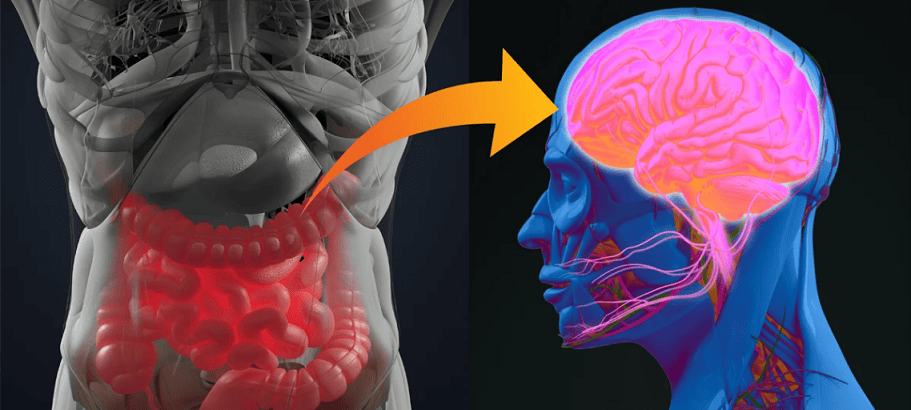One of the main functions of the kidneys is the removal of waste products. It regularly removes the waste produced by various metabolic processes. These waste materials could also prove poisonous. When the kidneys fail, the body cannot remove waste. When these toxins accumulate, an individual’s energy progressively wanes. This leads to an increase in the urge to rest and people feel lethargic. Thus, it is mostly seen in people with kidney diseases that they sleep during their final days or weeks of life.
A typical symptom of renal failure is pain. In some cases, the kidneys are not to blame. Some people need pain medications for other conditions accompanying kidney disease. Delirium is a distinctive sign of renal failure. Confusion and restlessness are the defining characteristics of this mental state. It arises as a result of the brain being affected by the toxic buildup. It cannot be fixed in kidney failure’s ultimate or last stages.

Sedation is the only method that is applied to reduce delirium successfully. It is usually suggested to keep them in a deep sleep. Family members may find it difficult because it is difficult to not be in contact with the sick. Also, slight sedation can confuse the person. A person in a deep sleep could be devoid of proper nutrition. It is difficult for the family. But, this is the only way to guarantee a peaceful and comfortable few hours or days of peace to the patient. It is necessary to keep talking to the person, even if they are under sedation. It is believed that even those who are not alert are aware and can hear to an extent. Both visitors and patients should maintain meaningful and peaceful conversations.
Anti-nausea medications can be effective for nausea experienced by people with renal failure.
Many factors decide how long someone with acute renal failure can survive. If dialysis is started and discontinued, the patient is putting their life to risk and may only stay for some time. As a result, estimating and being subject to other medical ailments becomes challenging.
The high death rates linked to acute kidney damage are mainly due to extra-renal problems. These extra-renal problems develop after the involvement of various other organs. Multiple organ dysfunction syndrome is used to describe damage to many organs. It has more severe and enduring effects.

In patients with acute kidney damage, impairment of brain function might result in cognitive and functional difficulties. It is a crucial structure for learning and memory and is highly susceptible to renal ischemia injury. Hippocampus is the critical area for learning and memory; the goal of this was to check these issues in the brain following acute renal injury.
Higher Risk For Kidney Patients
The National Kidney Foundation concluded a relation between kidney disease and brain activity. These studies suggest that kidney problems, in the long run, may increase the risk of developing brain disorders. Researchers also found a link between poor kidney function and decreased blood flow to the brain. Besides, kidney patients are also at a higher risk of dementia, stroke and memory problems.
Another research also shows that decreased kidney function is linked with decreased cognitive functioning. It affects the brain in areas like abstract reasoning, global cognitive ability, and verbal memory. It is also found that the rate of cognitive decline is associated with deterioration in kidney functions. Thus, it should not be surprising that the cardiovascular systems significantly affect the brain and kidneys, especially blood pressure and hypertension. The greater the decrease in renal functioning, the more significant the reduction in cognitive functioning.

Organs like the hippocampus are susceptible structures that might suffer harm. Acute renal damage may cause various issues with the brain. It affects the hippocampus region, including the permeability of the blood-brain barrier. The release of many inflammatory mediators that coincide with hippocampus inflammation and cytotoxicity, neurotransmitter derangement, transcriptional dysregulation, and changes in the expression of apoptotic genes are some of the underlying mechanisms that may contribute to hippocampal involvement, even though the pathogenesis of acute uremic encephalopathy is poorly understood.
So, what can be the take-away?
Protect your kidneys, and it will save the brain. It will be the way by which two major systems of the body can keep each other in far-reaching ways. Thus, it needs to be diagnosed as early as possible. It aims that chronic kidney disease in ayurveda can be managed to lessen the impact on cognitive functioning.

Ayurveda, on the other hand, will do the same for you. It helps by treating damaged kidney tissues and reduces the frequency of dialysis. Ayurvedic medications for kidney disease have the potential to manage or recover kidney failure almost from all stages. Ayurvedic procedure aims at curing the root cause of the disease. It never tries to suppress the symptoms. The treatment is carried out using the support of herbal medicines, a tailored made diet and lifestyle changes. It must be kept in mind that there are no quick fixes for such kidney diseases in Ayurveda. In Ayurveda, it is always advised that to prevent or treat conditions like kidney disease, you must first correct your lifestyle. There are various formulations and practices recommended for maintaining kidney health, increasing GFR rates and stopping dialysis.

